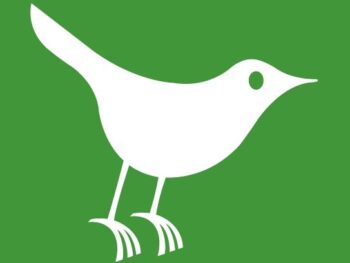For those who have been fully vaccinated it may seem like you can finally return to the activities you so enjoyed prior to the pandemic arriving a year ago. Get togethers with friends and family; attending weddings and parties; and taking that postponed trip seem so close.
So is now the time, that once fully vaccinated, we no longer need to be concerned about wearing masks, social distancing and avoiding large gatherings. Sorry, but we aren’t quite there yet.
What the CDC Recommends
The CDC’s latest recommendations are that vaccinated people should continue to follow current guidelines. This includes wearing a mask, staying at least 6 feet away from others, avoiding crowds, avoiding poorly ventilated spaces, covering coughs and sneezes, and washing hands often.
You are considered fully vaccinated (a) 2 weeks after your second dose in a 2-dose series, like the Pfizer or Moderna vaccines, or (b) 2 weeks after a single-dose vaccine, like Johnson & Johnson’s Janssen vaccine.
If it has been less than 2 weeks since your shot, or if you still need to get your second dose, you are NOT fully protected. Keep taking all prevention steps until you are fully vaccinated.
So what can you do now?
Evaluating how safe an activity will be after getting vaccinated isn’t quite that simple.
If you’ve been fully vaccinated, the CDC recommends:
- You can gather indoors with fully vaccinated people without wearing a mask.
- You can gather indoors with unvaccinated people from one other household (for example, visiting with relatives who all live together) without masks, unless any of those people or anyone they live with has an increased risk for severe illness from COVID-19.
- If you’ve been around someone who has COVID-19, you do not need to stay away from others or get tested unless you have symptoms.
- You should still take steps to protect yourself and others. Take these precautions whenever you are:
- In public
- Gathering with unvaccinated people from more than one other household
- Visiting with an unvaccinated person who is at increased risk of severe illness or death from COVID-19 or who lives with a person at increased risk.You should still avoid medium or large-sized gatherings.
- You should still delay domestic and international travel.
- You should still watch out for symptoms of COVID-19, especially if you’ve been around someone who is sick. If you have symptoms of COVID-19, you should get tested and stay home and away from others.
Why Are We Being So Cautious?
At this point we know that COVID-19 vaccines are effective at preventing COVID-19 disease, especially severe illness and death. But there are still some unanswered questions.
- We’re still learning how effective the vaccines are against variants of the virus that causes COVID-19.
- We’re still learning how well COVID-19 vaccines keep people from spreading the disease.
- We’re still learning how long COVID-19 vaccines can protect people.
So until there is more data and we are closer to true herd immunity, we believe that continuing current COVID protocols are critical.
Hang in There a Little Longer
Getting the vaccine means you’ve done your part to slow the spread of COVID-19, but it does not give you a free pass just yet. If we all get the shot and hold on to our masks for a little longer, we can continue to protect those closest to us and the most vulnerable in our communities.


